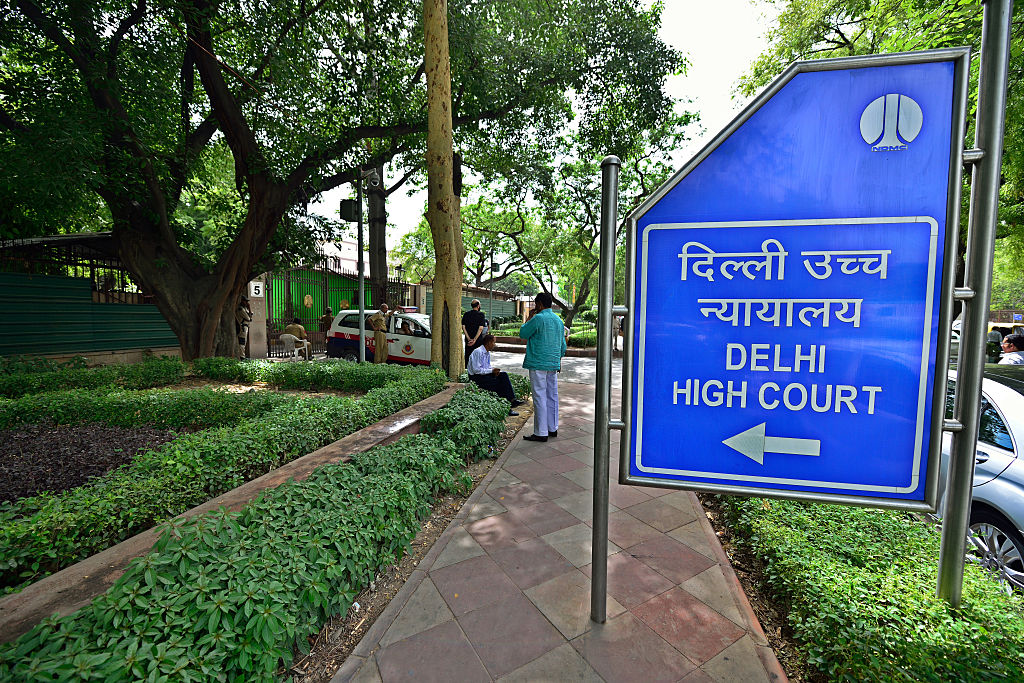The Delhi High Court has urged the chief secretary to “seriously consider” relocating the Bhalaswa and Ghazipur dairies to an alternative site in Ghogha due to the potential health risks associated with dairies located near landfill sites. The court highlighted the serious consequences for people consuming milk from cattle in these areas.
The court also directed the Food Safety and Standards Authority of India (FSSAI) and city authorities to intensify testing for chemical contamination in milk and milk products from all nine designated dairies in Kakrola, Goela, Nangli Shakrawati, Jharoda, Bhalaswa Dairy, Ghazipur, Shahbad Daulatpur, Madanpur Khadar, and Masoodpur, and to take appropriate action based on the findings.
In an order issued on May 8, during a hearing on the state of dairies in Delhi, a bench led by Acting Chief Justice Manmohan noted the risks of diseases spreading among animals and potentially to humans, emphasizing the need for milch animals to be kept in hygienic conditions.
The court criticised the authorities for ignoring the health risks posed by dairies operating near landfills and rejected the Delhi chief secretary’s claim that cattle can be prevented from consuming hazardous waste at these sites until they are fully cleared.
The bench, which also included Justice Manmeet PS Arora, highlighted the frequent global outbreaks of bovine diseases and their potential to spread to humans, reinforcing the need for hygienic conditions for milch animals.
The court issued several directives, including instructing the chief secretary to consider relocating the Bhalaswa and Ghazipur dairies to Ghogha dairy. The authorities were asked to make Ghogha dairy an attractive alternative site for dairy owners and to remove all unauthorized constructions, commercial establishments, residential houses, and industrial units in the area.
The court stressed the serious consequences of consuming milk from cattle feeding on hazardous waste, as it is used to produce a variety of products, including powdered milk, sweets, and formula foods for toddlers.
The FSSAI and the Department of Food Safety, GNCTD, were instructed to increase testing and conduct random sampling of milk and milk products for chemical contamination, taking appropriate legal action in case of violations.
The court reiterated its concern about the use of oxytocin in cattle, citing side effects such as uneven heartbeats, cardiac seizures, vision problems, early onset of menstruation in girls, and abnormal breast growth in boys. The police commissioner was asked to file an affidavit detailing efforts to track and control the sources of spurious oxytocin and hormones.
The court also directed that existing dairies comply with licensing requirements and that biogas plants be installed near all nine authorized dairies in Delhi before the onset of the monsoon.
Additionally, the court ordered the immediate functioning of veterinary hospitals near all designated dairies and requested the chief secretary to submit a detailed affidavit outlining the future plans for the nine dairy colonies.
A pilot project was initiated in Madanpur Khadar Dairy Colony for mapping and identification, cattle tagging, controlling the use of oxytocin or hormones, and maintaining cleanliness. Authorities were asked to submit an “action taken” report within eight weeks.
The Delhi Society for Prevention of Cruelty to Animals was instructed to conduct regular inspections of cattle conditions and report any diseases or injuries to the Veterinary Officer of the Government Veterinary Hospital.
The mapping and identification work will be carried out by Para Legal Volunteers from the Delhi State Legal Services Authority (DSLSA), with full cooperation from the responsible respondents and the Delhi Police to ensure no law and order issues.
The matter is scheduled for further hearing on May 27.
(With PTI inputs)





